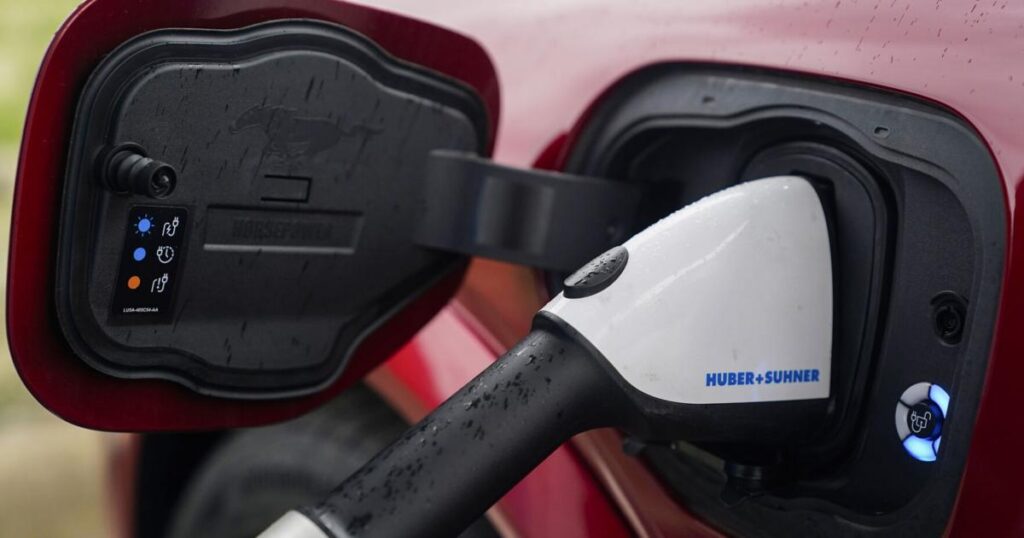ALEXA ST. JOHN
Associated Press
In the ever-evolving landscape of the automotive industry, electric vehicles (EVs) have once again made significant strides globally. This progress is particularly notable in China, Europe, and the United States, despite facing numerous challenges.
China, the largest auto market on the planet, reached a remarkable milestone in July when EVs, including both pure battery and plug-in hybrid electric vehicles, constituted 50% of new car sales. Economical EV models from Chinese manufacturers like BYD have gained considerable popularity worldwide.
In Europe and the U.S., EVs have also advanced, although potential changes in purchase subsidies could affect future growth, especially with the upcoming Trump administration in the U.S. Nevertheless, consumers remain drawn to the latest models due to their extended driving ranges, enhanced performance, and reduced prices.
The shift towards electric vehicles is crucial in the broader transition to clean energy, as road transport contributes approximately one-sixth of global emissions from energy, according to the International Energy Agency. A widespread adoption of EVs could play a vital role in combating climate change.
How well did electric vehicles sell?
As of November, the EV market, encompassing both pure EVs and plug-in hybrids, experienced a 25% increase year-over-year. Rho Motion reports that 15.2 million EVs were sold globally, with the International Energy Agency anticipating that electric vehicles will account for one in every five cars sold worldwide by the end of the year, predominantly in China.
Where did the EV share of new cars jump the most?
Mexico witnessed a fivefold surge in EV sales, primarily driven by Chinese automaker BYD, according to Rho Motion. China’s EV growth rate of 40% translates to a far greater number of vehicles due to its larger population. The UK saw a 17% increase, while France and Germany experienced declines in sales. Turkey’s EV market expanded by nearly 50%, fueled by Tesla’s market entry and Turkish automaker Togg’s increased sales. Norway remains a leader, with 90% of new cars being electric.
What was the best-selling electric vehicle globally? In the United States?
The Tesla Model Y and Model 3 topped the global and U.S. sales charts for pure electric vehicles, as reported by Rho Motion. Released in 2020, the Model Y SUV starts at nearly $45,000, while the Model 3, introduced in 2017, is priced at around $42,000. Both models are eligible for a $7,500 tax credit in the U.S.
Tesla picture changing?
As of October, Tesla held a 17% share of the global electric vehicle market, according to Rho Motion. In the U.S., Tesla’s market share was 49%, maintaining its position as the leading EV manufacturer. However, its dominance is gradually diminishing as other automakers, such as GM, Ford, and Honda, offer a broader range of affordable and diverse EV options. Despite this, Tesla remains the most valuable automobile company globally, with a market valuation of $1.4 trillion.
Original Story at tulsaworld.com
